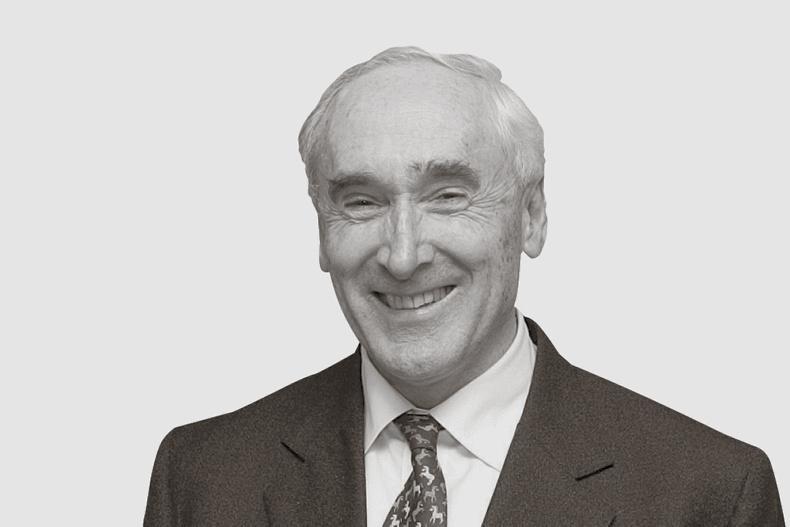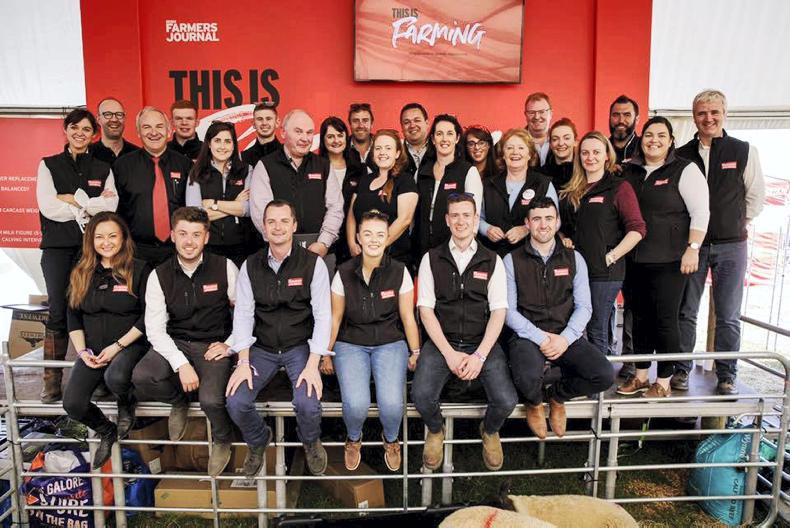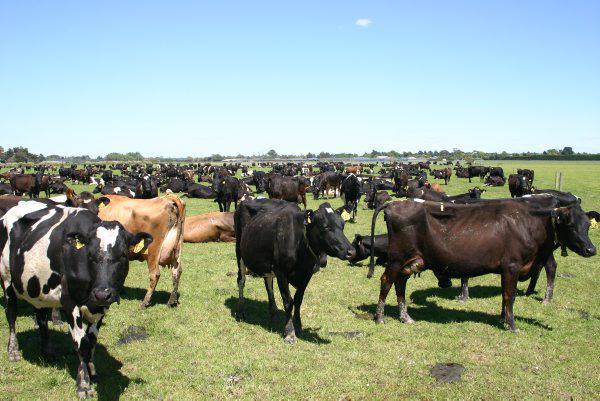It was a long time since I had heard Denis Brosnan speak in public, so when I received an invitation to attend the Nuffield Conference, I was delighted to accept.
Since the Irish Farmers Journal first brought Nuffield into Ireland, with the support of the board and the IFA, it has grown into a fully self-sustaining organisation of people utterly involved in farming and agribusiness.
Denis Brosnan was there very much as an elder statesman of the sector, but his talk was up to the minute in its relevance and guidance. He was a good choice. While he is best known, and deservedly so, for transforming a disparate group of State-owned Dairy Disposal creameries in Kerry into the modern, international Kerry Group with 11,000 employees all over the world and a market capitalisation of €16bn, he has also, since his retirement, been astonishingly successful in other, unrelated areas.
The most conspicuous, in his private capacity, is the achievement in the bloodstock industry, where he has bred a succession of classic winners and stallions now standing at stud. Other people have spent lifetimes in that industry and have achieved nothing like the same success.
Recently he took on the task of transforming the city and region of Limerick in an effort to stem its economic decline following the withdrawal of Dell and the recession.
He may not overtly claim the credit for the transformation of Limerick, but he was asked to lead the regeneration group and, as Napoleon said “give me generals that are lucky”, but it clearly must be more than luck. I took down a few key points:
The correct choice of leader is critical, not just for the authority he or she will yield, but also for the overall influence they will have.Try and recognise undeveloped talent as well as one’s own talent – nobody has it all.You need a real vision of what you want the final result to look like in a farm or business – only then can you develop a real strategy to take you there.You can’t do everything on your own – carry out a review of your own strengths and weaknesses, as well as the opportunities.Don’t take on strong competitors full-frontal, directly – do it bit by bit.Talk, if possible, rather than email.Be prepared to give absolute commitment, with long hours if necessary.A leader is just the captain of the ship – try to find people better than you are.Measure peoples’ contribution and, if inadequate, let them go.Quite a list – you could sense the drive and intelligence that have given such results.
Read more
10 principles of success from former Kerry Group CEO
Nuffield conference: 'There is no threat larger than farmers themselves'
It was a long time since I had heard Denis Brosnan speak in public, so when I received an invitation to attend the Nuffield Conference, I was delighted to accept.
Since the Irish Farmers Journal first brought Nuffield into Ireland, with the support of the board and the IFA, it has grown into a fully self-sustaining organisation of people utterly involved in farming and agribusiness.
Denis Brosnan was there very much as an elder statesman of the sector, but his talk was up to the minute in its relevance and guidance. He was a good choice. While he is best known, and deservedly so, for transforming a disparate group of State-owned Dairy Disposal creameries in Kerry into the modern, international Kerry Group with 11,000 employees all over the world and a market capitalisation of €16bn, he has also, since his retirement, been astonishingly successful in other, unrelated areas.
The most conspicuous, in his private capacity, is the achievement in the bloodstock industry, where he has bred a succession of classic winners and stallions now standing at stud. Other people have spent lifetimes in that industry and have achieved nothing like the same success.
Recently he took on the task of transforming the city and region of Limerick in an effort to stem its economic decline following the withdrawal of Dell and the recession.
He may not overtly claim the credit for the transformation of Limerick, but he was asked to lead the regeneration group and, as Napoleon said “give me generals that are lucky”, but it clearly must be more than luck. I took down a few key points:
The correct choice of leader is critical, not just for the authority he or she will yield, but also for the overall influence they will have.Try and recognise undeveloped talent as well as one’s own talent – nobody has it all.You need a real vision of what you want the final result to look like in a farm or business – only then can you develop a real strategy to take you there.You can’t do everything on your own – carry out a review of your own strengths and weaknesses, as well as the opportunities.Don’t take on strong competitors full-frontal, directly – do it bit by bit.Talk, if possible, rather than email.Be prepared to give absolute commitment, with long hours if necessary.A leader is just the captain of the ship – try to find people better than you are.Measure peoples’ contribution and, if inadequate, let them go.Quite a list – you could sense the drive and intelligence that have given such results.
Read more
10 principles of success from former Kerry Group CEO
Nuffield conference: 'There is no threat larger than farmers themselves'









SHARING OPTIONS